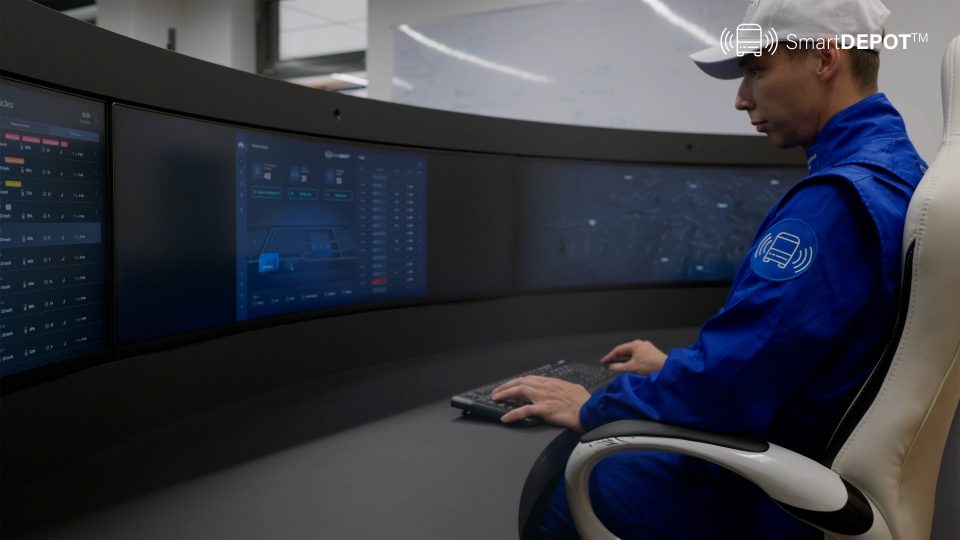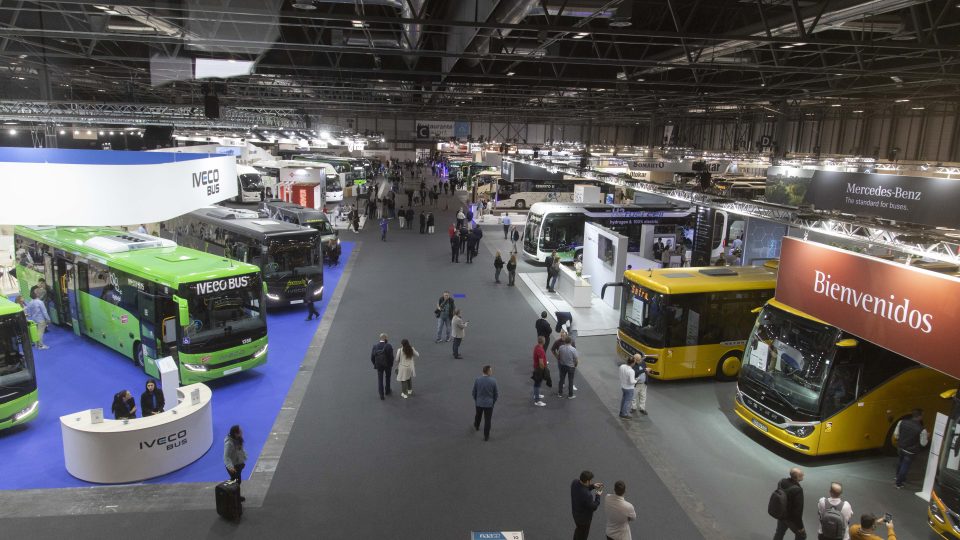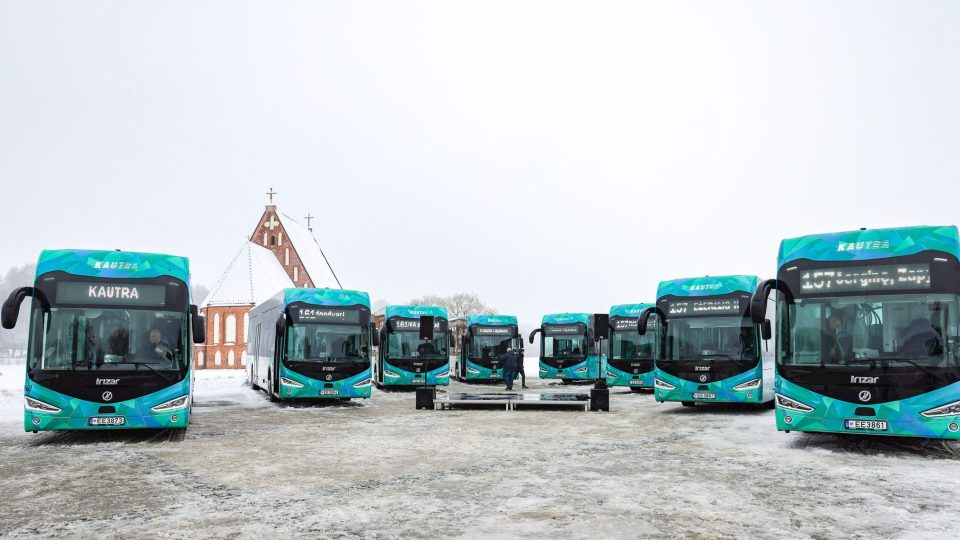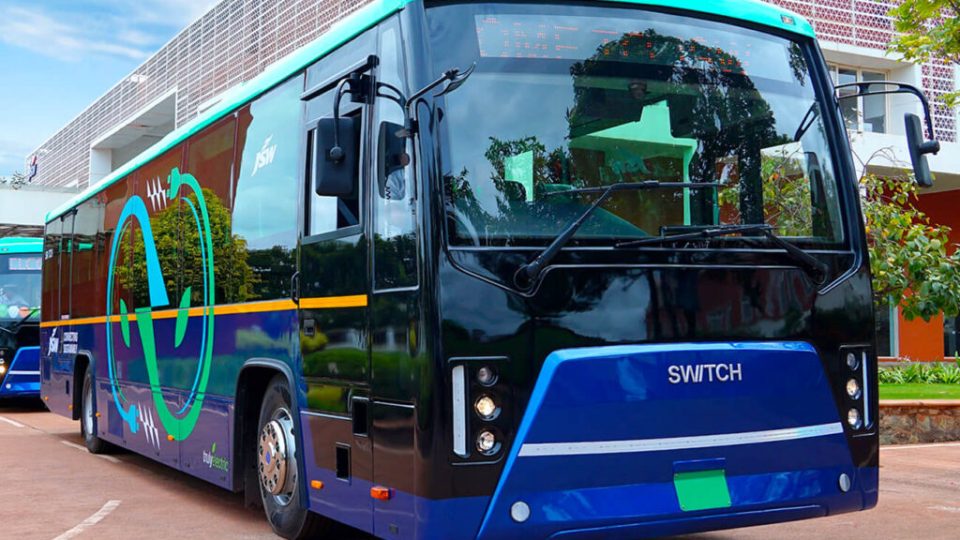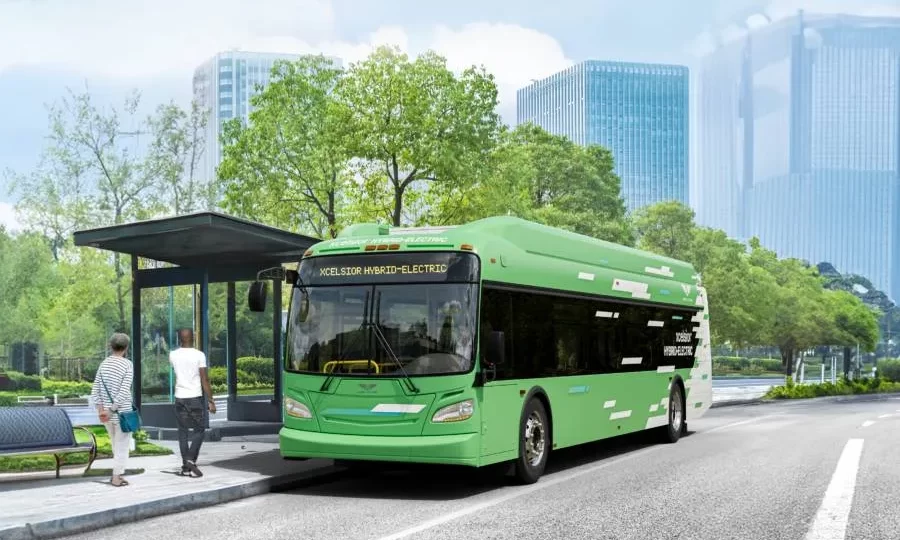ZEBRA scheme launched in the UK with €140 million funding for 500 ZE buses
ZEBRA scheme has been launched in the UK, with up to £120 million (140 million euros) funding to help local transport authorities introduce zero-emission buses. The scheme under the name of Zero Emission Buses Regional Area is set to allow local transport authorities to: bid for funding to purchase zero-emission buses, reduce the carbon emissions […]
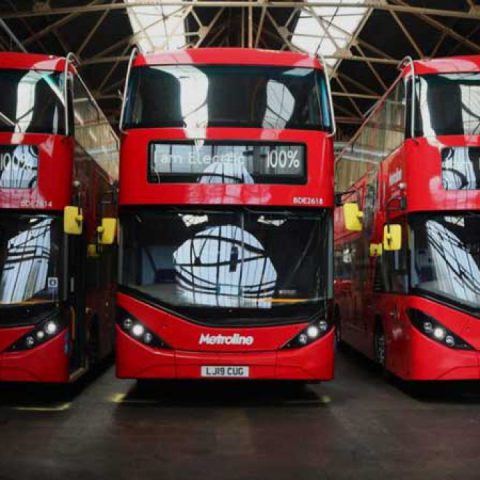
ZEBRA scheme has been launched in the UK, with up to £120 million (140 million euros) funding to help local transport authorities introduce zero-emission buses. The scheme under the name of Zero Emission Buses Regional Area is set to allow local transport authorities to: bid for funding to purchase zero-emission buses, reduce the carbon emissions from their local public transport, improve air quality in towns and cities across England.
The funding will deliver up to 500 zero-emission buses, supporting the government’s wider commitment to introduce 4,000 zero-emission buses. The funding comes from the wider £3 billion fund announced by the government.
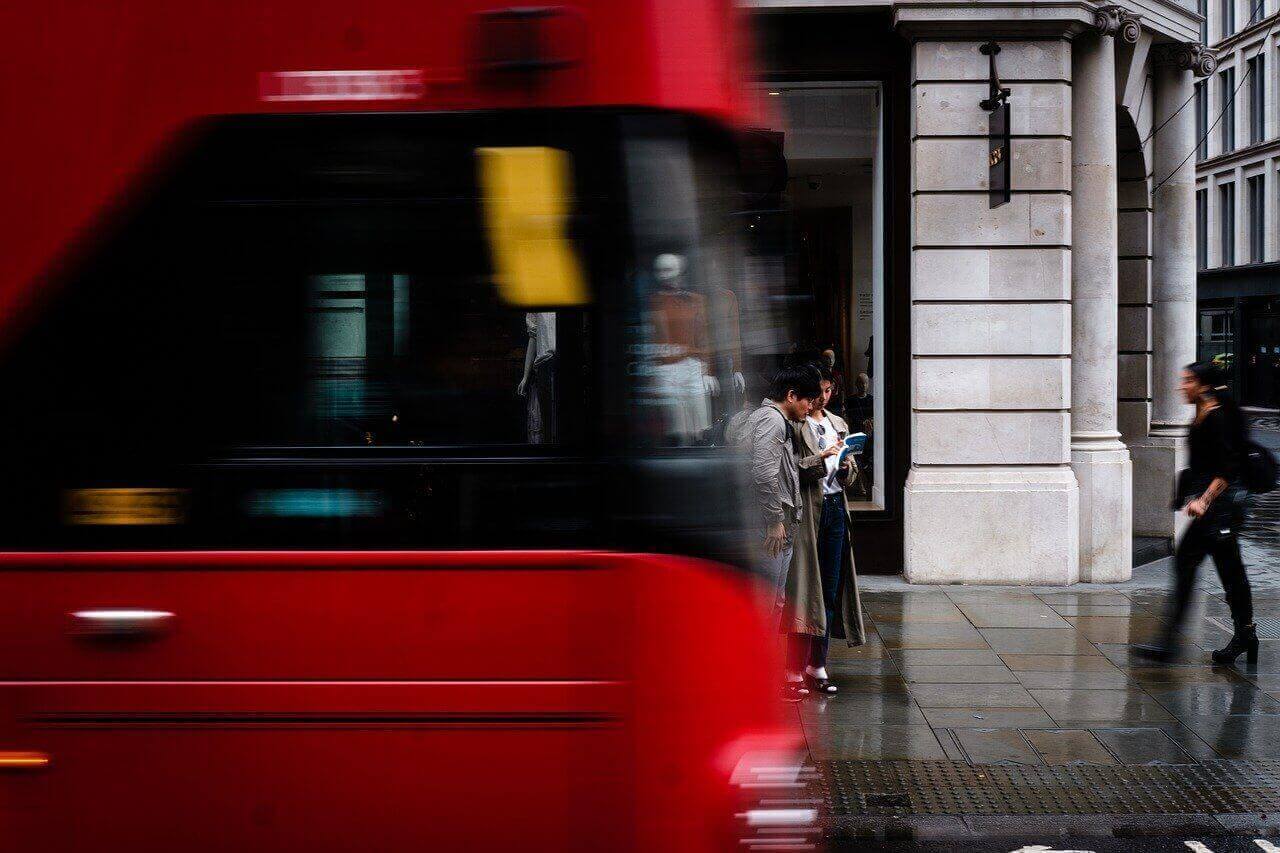
ZEBRA scheme in the UK for the transition to electric buses
Transport Secretary Grant Shapps has launched on the 30th of March 2021 a multimillion-pound scheme to enable local transport authorities to roll out zero-emission buses as the government continues to build back greener.
The national bus strategy includes a consultation on the end date for sales of diesel buses, which was launched alongside the strategy.
«To ensure the funding from today’s zero-emission-bus fund is used quickly to help provide British bus manufacturers with an injection of orders, the government is calling on consortia of local transport authorities, energy companies, bus operators and manufacturers to come together to work up strong cases for funding», the government points out.
The announcement comes as Coventry recently received the historic first pot of funding from the all-electric bus towns and cities competition, giving the city £50 million of funding to revolutionise its bus services and entirely replace their current fleet with electric buses.
ZEBRA scheme for zero emission buses in the UK, the deadlines
Bidders will have until 21 May 2021 to submit expressions of interest for a fast-track process that will allow local transport authorities with well-developed proposals to move quickly in their bid to secure funding. Authorities who need more time to develop their proposals will have until 25 June 2021 to submit expressions of interest.
Transport Secretary Grant Shapps, said: «We’ve set out our vision of how we’re going to make buses better in this country, and now we’re getting on with delivering it. The launch of the scheme today means we’re giving businesses and local authorities the tools to help deliver the 4,000 zero-emission buses we said we would introduce, which will dramatically improve air quality in towns and cities across the country, helping us achieve our net-zero ambitions».
Silviya Barrett, Head of Policy, Research and Projects at Campaign for Better Transport, said: «Zero-emission buses are great news all round. As well as addressing climate change and air pollution, this funding will boost the bus manufacturing sector and give more passengers the best modern buses. We’re glad that the government has appreciated the need to speed up the transition to zero-emission buses».
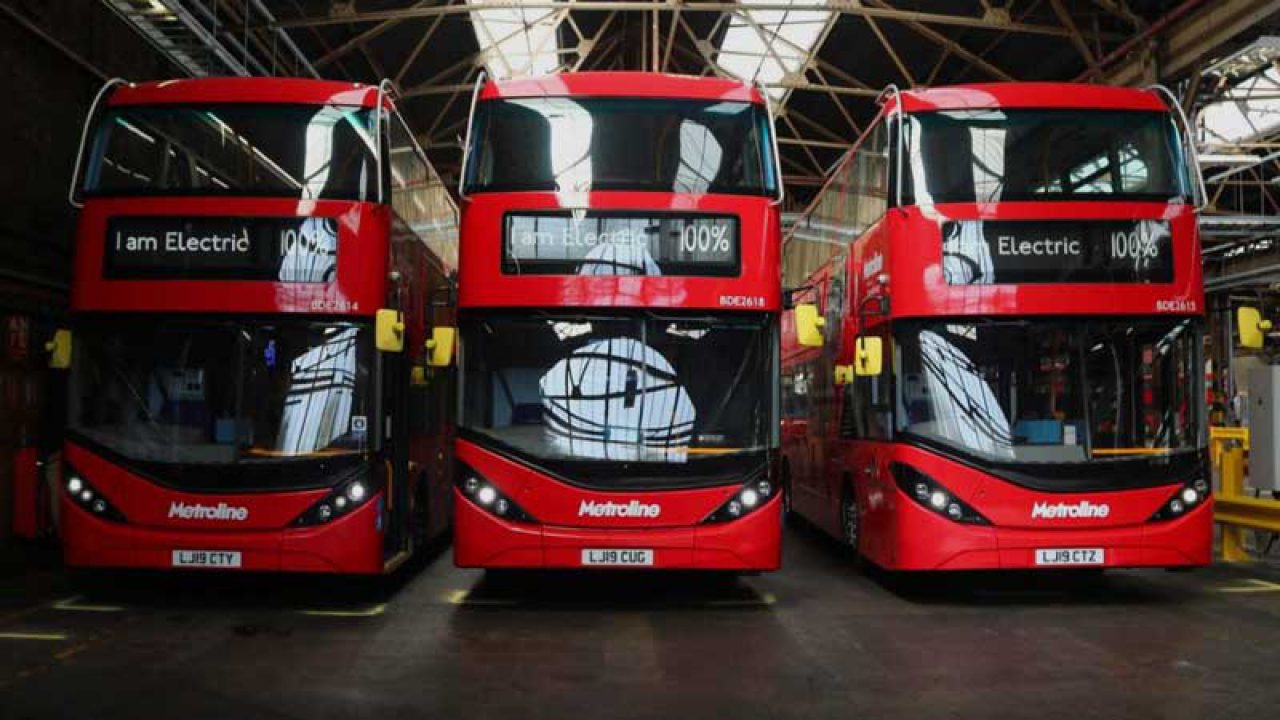
UK pushes the research into battery technology
The government has also announced over £30 million of funding to support pioneering research into battery technology, the electric vehicle supply chain and hydrogen vehicles. Twenty-two studies will receive a share of £9.4 million, including: proposals to build a plant in Cornwall that will extract lithium for use in electric vehicle batteries, a plant to build specialised magnets for electric vehicle motors in Cheshire, lightweight hydrogen storage for cars and vans in Loughborough.


